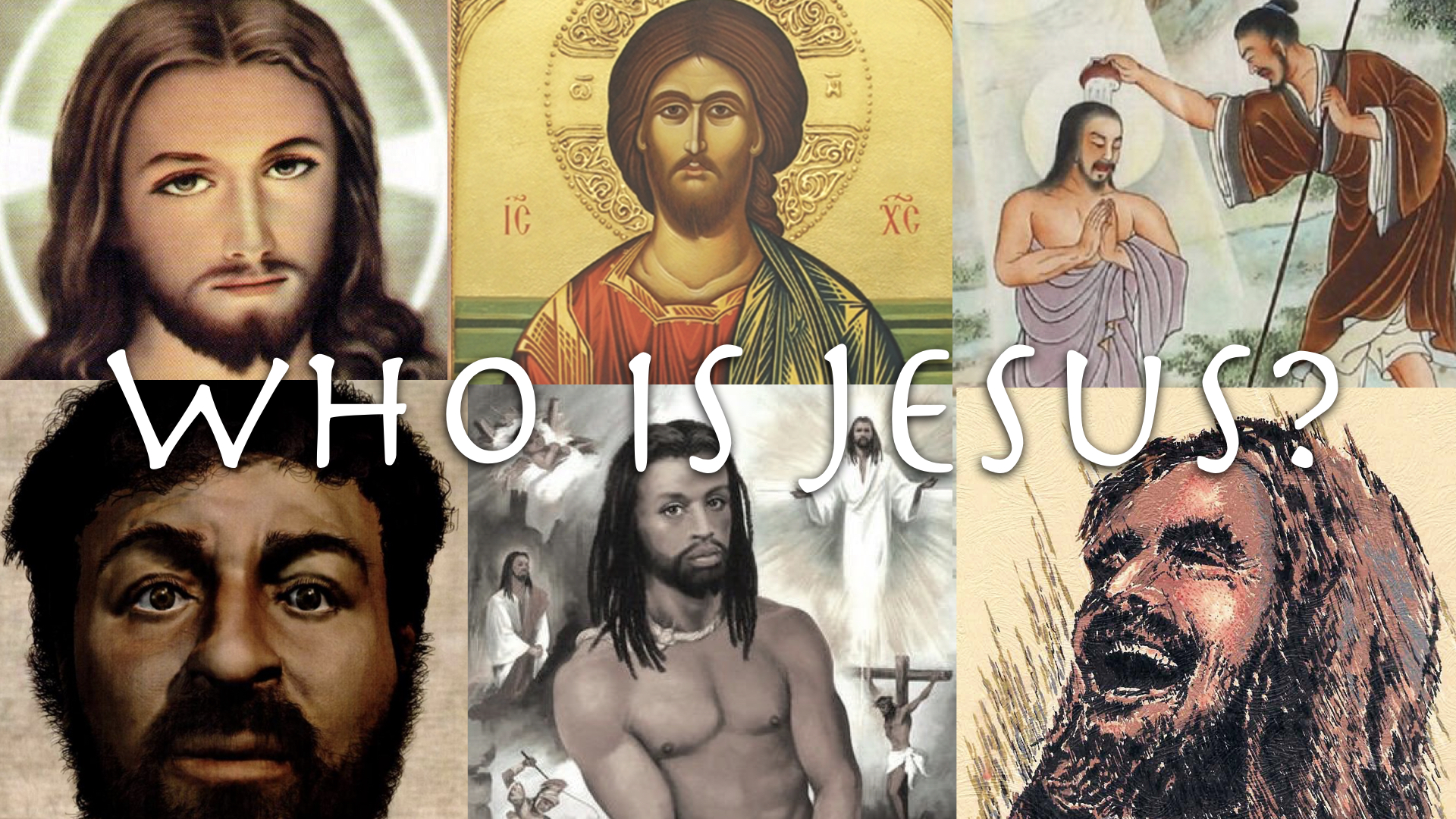For a few weeks now the Gospel from Sunday, August 26, 2017, (Matthew 16:13-20) has been wrestling in my mind. The Gospel begs the famous question by Jesus, “Who do you say that I am?” This all to important question is one in which every Christian ought to answer for its response should set a fire in each person’s heart. How we see, understand, and know Jesus should change and evolve each day. And how we answer Jesus’s question should then lead us to another question, “What difference is Jesus making in my life?” As Christians, we are called to answer both sides of this theological coin on a regular basis so its transaction can deepen our lives each day.
If you see Jesus as a brother and friend, then how are you living to be a better sister, brother, and friend to others? If you see Jesus as a wise teacher, then how do you learn and live in such a way that honors the life of Jesus? If you see Jesus as a political operative who defied the Roman state, then how are you challenging your representatives to be a better disciple of Christ? If you see Jesus as the Lord and Son of God, then how are you living to bring forth the Kingdom of God? If you see Jesus as the rock upon your salvation and a place for you to fall upon in your times of need, then how are you living to allow others to lean upon you? If you see Jesus as a healer, how are you healing? If you see Jesus as a saint, how are you being a saint? If you see Jesus as just a man or a prophet, then how are you leaning into his prophetic wisdom?
How do you see Jesus, and how is Jesus making a difference in your life?
For me, I see Jesus as a man. A person who looked out into his community and into the lives of those he met and responded to their needs without concern for how his culture might crucify his actions. Jesus met with women and treated them with respect and authority, a counter-cultural response in a time when women were rarely even see as fully human. Jesus interacted with lepers and those seen as “unclean,” an action that in Jewish tradition could have prevented him from entering the temple or even left him exiled from the community as well. Jesus defied unjust laws and challenged those of authority who blindly enforced them. Rather than teaching strict dogma, Jesus taught through relatable storytelling and his personal life example. Jesus peered into the hearts of others and saw them not for their brokenness, but saw them for their graced wholeness.
This is the Jesus that I have come to know, believe, and follow. This is the Jesus that pushes and challenges me forward. This has not always been the Jesus I have known, nor am I arrogant enough to believe that this understanding of Jesus will not change. But as I sit with this Jesus and walk with his stories, I cannot let go of how this Jesus has worked it’s way into my essence.
This past summer as I worked again with CrossRoads Ministry and I was graced with the opportunity to welcome two groups from St. Ignatius High School in Cleveland, Ohio. As I worked with these men and our partnering agencies—Catholic Charities, Neighborhood House, Kentucky Refugee Ministries, and The Healing Place—I’m reminded by the remarkable grace that exists in our humanity. While our society often isolates others as “the homeless,” “the drunk,” “the sinner,” “the addict,” “the stranger,” “the other,” if I am reminded by the example of Jesus (and of the men I spent these weeks with), he simply called these people, “friends” (John 15:15).
As I sit with the recent news of the repeal of DACA (Differed Action for Childhood Arrivals), racial discrimination, resurgence of white supremacy and the lack of denunciation from the White House, civil rights limitations against the LGBTQ+ community, fear-mongering, and political dissonance (on both sides!), I wonder how the example of Jesus might inspire me to look into the wholeness, and not the brokenness of the situations.
“What would Jesus do?”
Would Jesus stand for, support, and allow for the deportation of nearly a million innocent children? Would Jesus allow his disciples to persecute others based on race or religion? Certainly not, Jesus welcomed the stranger, healed and met with people of many faiths, and encouraged all people to love their neighbor (Matthew 25:35; Luke 7:1-10; Matthew 15: 21-28; Luke 10:25-37). Would Jesus have denounced violence, hatred, bigotry, and racism? Certainly, for Jesus never promoted violence, spoke regularly of peacemaking, and at the same time would have offered all people a since of forgiveness and redemption (Matthew 5-6). Would Jesus open his arms to the gay, lesbian, transgender, and queer community? Certainly, a man who visited the house of a person who was consider the greatest sinner of his time, would have an open heart and mind to the LGBTQ community (Luke 19:1-10; see also: Building a Bridge). And as for fear-mongering and political dissonance, Jesus reminds us that God send the sun and the rain on both the “just and the unjust” and that our call as his disciples is to “love our enemies” (Matthew 5:43-48).
So where does this leave me? Us? How do we understand Jesus, and how is his life inspiring us towards action?
I have wrestled with fear for the longest time about how to best respond. I have written, rewritten, and deleted the same words for months. However, if I am to take serious the questions that led me to this post, I can wrestle no more. I cannot remain silent any longer.
Deporting innocent children and immigrants is wrong. Turning away refugees who run from war, poverty, starvation, and persecution is wrong. Not denouncing bigotry and racism and declaring that “black lives do indeed matter” is wrong. Telling our LGBTQ brothers and sisters that their life and expression of love is “intrinsically disordered” is intrinsically wrong.
If I am to call myself a Catholic, if I aim to be a good teacher, a good person, then I have no other option but to stand with those on the margins, those that our society has cast out.
I know that I am no saint. I am not a perfect person. I fail regularly. I do not always treat people fairly. I sin often. When I look at my reflection, it is more common for me to see my brokenness than to see my wholeness. Often the love and affection I give to strangers, students, and sinners, is not always the same love and affection that I am able to give to close family, friends, and especially myself.
God calls us to a life of constant conversion and it is through that redemptive grace that I pray I can become more whole. It is through that conversion that I aim to more honestly answer the question that I started with, “Who is Jesus, and what difference is he making in my life?”



Another soul searching read with great depth. Very good.
LikeLike